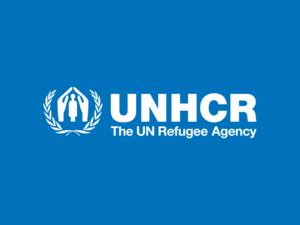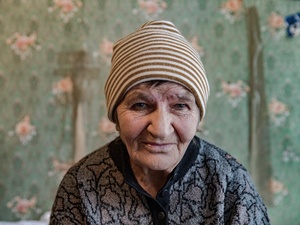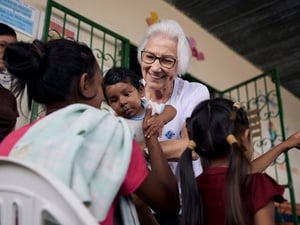Stories from the Field: "The most rewarding is to bring about positive changes in people’s lives."
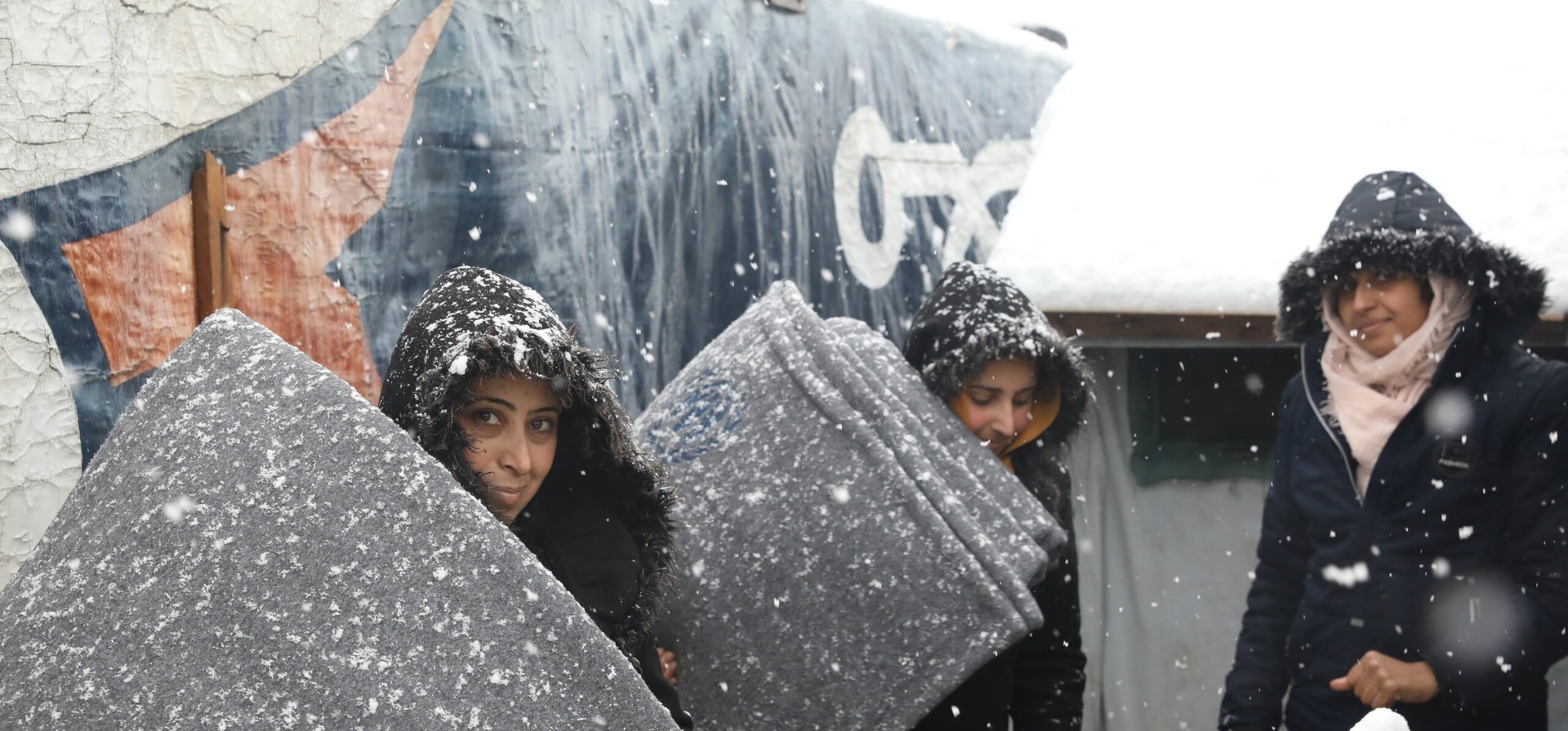
Stories from the Field: "The most rewarding is to bring about positive changes in people’s lives."

Why did you choose to work for UNHCR?
“I have been interested in other countries, history and cultures since I was a child. From a young age, I was also concerned with social injustices and human rights violations. I studied languages, political science and history in university and first, I sort of became an area specialist on post-Soviet affairs – politics, history and language. When I wrote my final thesis, I started thinking ‘okay, it is nice to study these communities from afar, but you cannot fully understand them until you actually live there’. So, I decided to apply to volunteer positions and internships with organizations working in the former Soviet Union or in the former Yugoslavia.
I first got a job with The Norwegian Refugee Council in Azerbaijan and worked with internally displaced people from the Nagorno Karabakh region. After that I worked with Amnesty International’s secretariat in London. Later, I applied for Junior Professional Officer (JPO) positions with UNHCR. I got an offer to go back to Azerbaijan, and that was the beginning of my UNHCR career.”
How would you describe your work?
“I work as senior protection officer in Tripoli, Lebanon. My job is largely managerial, and it is mostly the staff on my team who follow up with individual refugees and our program activities. Since 2020, I have also been coordinating the preparedness and response to COVID-19 among the international organizations and UN agencies in northern Lebanon.
I am in charge of a large team of approximately 80 staff members, who work on all areas of legal and social protection, registration, resettlement, public health, and education. This is for Syrian refugees and refugees of other nationalities. The refugee population in Lebanon is sizeable. According to official data, there are 1.5 million Syrian refugees and 14,815 refugees of other nationalities in Lebanon, which is the largest population per capita in the world. No other country has such a high density of refugees. So, it is very challenging to fulfill all the needs of this large population, but we have definitely managed to contribute a lot.
We also have a program for stateless persons in northern Lebanon. At the end of 2021, my team finished a study to get a better understanding of the situation and the reasons why people become stateless. We are now disseminating the results and we will start implementing more programs for stateless persons, for instance education and community development. It is a very interesting experience because UNHCR usually has very close contact with the refugees, while stateless persons are not always aware that there is an agency designated to help them, at least this is the case here in Lebanon. We learned that we can work more with stateless persons, discuss with them, and help them understand how they can benefit from being in contact with UNHCR.”
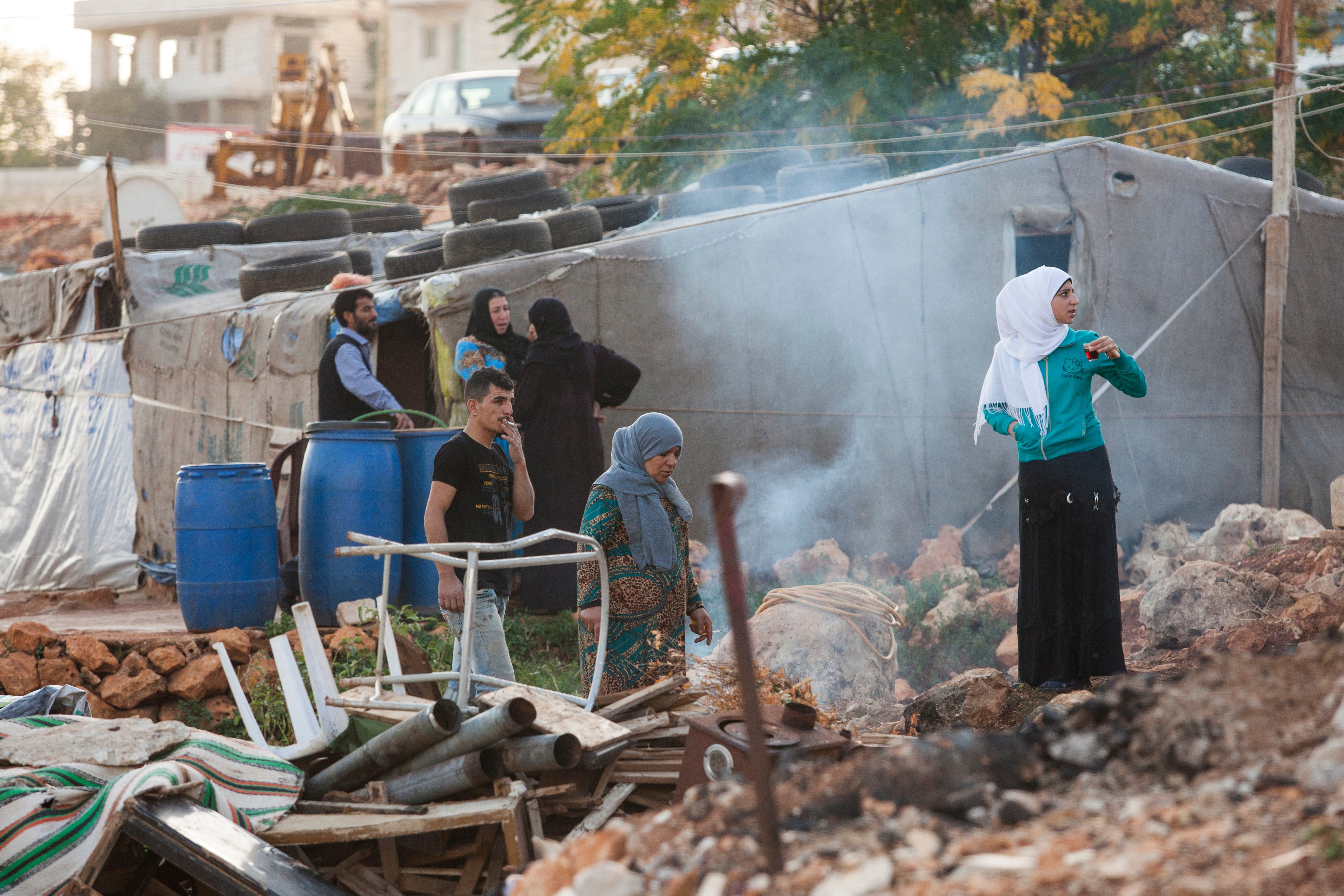
Kfar Qahel informal settlement in northern Lebanon. Lebanon hosts the largest refugee population per capita in the world. © UNHCR/Jordi Matas
What are some of the best experiences you’ve had, working for UNHCR?
“The most rewarding is to bring about positive changes in people’s lives. I also find it very rewarding to work with a very talented team and partners that are extremely skilled, dedicated and passionate about what they do.
One of my most positive experiences was actually working on the COVID-19 preparedness in 2020 with a small team of colleagues and UN partner agencies. There was a fear that refugees in Lebanon would be more affected by COVID-19, particularly if the virus started spreading in informal settlements, where people live in overcrowded settings. So, we seized on the opportunity to bring together many UN actors and develop a plan for how to coordinate the response and share the responsibility. We counselled refugees on how to avoid COVID-19 and what to do if you get sick. We also collaborated on supporting the Lebanese government to set up isolation facilities and provide more hospital beds.
It was very rewarding because we managed to achieve a lot in a short period of time and make a very significant contribution to Lebanon’s COVID-19 response. We worked really fast to have these structures put in place before a major outbreak. We were lucky in Lebanon, because it took a long time before we had a big wave of COVID-19 and by then, we were prepared.”
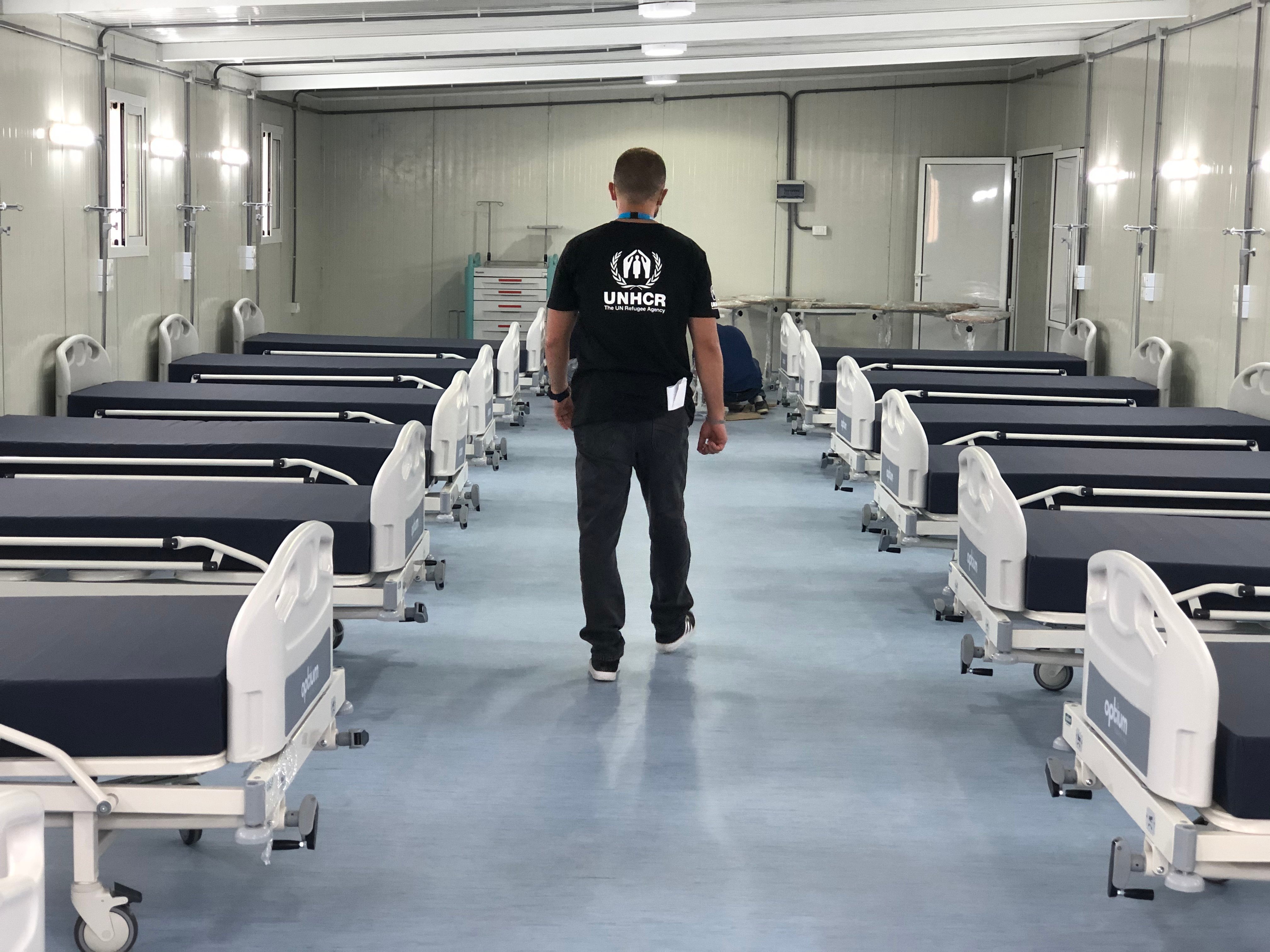
A UNHCR staff member walks through the COVID-19 facility at a hospital in Tripoli, northern Lebanon. Since the start of the pandemic, UNHCR teams have worked to prevent and contain transmissions of the virus. © UNHCR/Dalal Harb
What are some of the challenges you’ve experienced, working for UNHCR?
“One of the biggest challenges is the very high expectations towards UNHCR among persons of concern, partners and host communities. Despite the generosity of donors, our resources and capacities are limited, and there are situations when we are unable to do as much as we would like to address the desperate circumstances people find themselves in. We could always do more with more funds to provide everyone in need with the bare minimum of cash or health assistance. Unfortunately, there is little we can do for refugees, who face threats or violence, other than counseling them to approach the police and change their phone numbers and addresses. When I was working with internally displaced people in Darfur 14 years ago, our protection work was largely limited to monitoring of the situation. I remember we conducted an interview with a community leader in a border village and shortly after, we learnt that the man had been shot dead. Incidents like that are emotionally very difficult.
Another challenge is the potential tensions between refugees and host communities. To reduce this, we try also to support the host communities, for instance through projects that support all communities. An example are the solar panels we recently provided to water pumping stations in areas of northern Lebanon with mixed Lebanese and Syrian populations. In Lebanon, a lot of locals have fallen below the poverty level due to the recent financial crisis and they perceive the support for refugees as unfair. Rumors that scapegoat refugees are bound to occur in desperate times and can be difficult to correct. These rumors can be combated if the assistance also benefits Lebanese people. It reduces the level of tension and makes the host community feel that they are supported too. They have supported Syrian refugees for so many years on an unprecedented scale, compared to other countries, so it is only fair that there is something done to give back to the host community.”
“Stories from the Field” is an interview series providing insight into the daily lives of some of our Nordic and Baltic colleagues, working for the organization all over the world.
UNHCR, the UN Refugee Agency, is present in 135 countries and territories around the world, helping men, women and children who have been forced to flee from their homes due to war, violence and persecution. Our headquarters are located in Geneva in Switzerland, but the vast majority of our employees work in the field and in the places in the world where the majority of the world’s refugees are situated.
Learn more about UNHCR’s work here.



